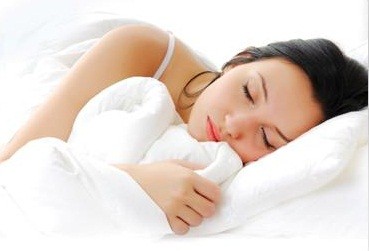Being sleep-deprived several nights in a row can make the body go haywire. Harvard Medical School Instructor in Medicine Lawrence Epstein, M.D. sugests eliminating the thieves of sleep.
In the book "The Harvard Medical School Guide to a Good Night's Sleep" that Dr. Epstein co-authored with Steven Mardon, sleep is acknowledged as a key factor for the body to perform at top proficiency.
Lack of shuteye can lead to a host of problems such as mood swings, disorientedness, elevated stress, daytime fatigue or a dip in energy level. Sufficient quality sleep also helps ward off serious health issues like diabetes, depression, and heart disease disease.
The trick to getting a good night's slumber and waking up feeling well-rested and refreshed, sleep experts say, is to identify the sleep saboteurs. Topping the list of sneaky culprits that may be depriving people of sleep are caffeine and alcohol.
Bedtime should be regarded as a time to disconnect, not just from toxic people but from gadgets. By eliminating distractions and learning how to quiet your mind to get more sleep, you are doing your body a huge favor.
It is highly advisable to stop tinkering with a laptop or smartphone within the last couple of hours before lights out.
Smartphones, tablets and televisions that emit blue light is known to suppress the body's release of melatonin, the sleep-promoting hormone. Setting aside smartphones that can keep individuals mentally engaged at night, cut into sleep and sap energy the following day is a wise move, according to Michigan State University.
Identifying the other things may be stealing sleep, like negative thoughts, or stagnant energy from poor bedroom layout or unfavorable events during the day, will also be useful.
Dr. Epstein and sleep disorder specialist Stephanie Silberman, Ph.D. suggest relaxing the body and priming it for sleep.
Some of the natural sleep-inducers recommended by the sleep experts are developing a pre-sleep routine, engaging in a simple mental exercise to keep the mind off worries, or creating a conducive sleep environment, an article in the mental health social network, Psych Central reported.
By ditching the sleep and energy thieves and reaching for sleep-friendly foods, people stand to increase their energy during the day and improve overall health.



























